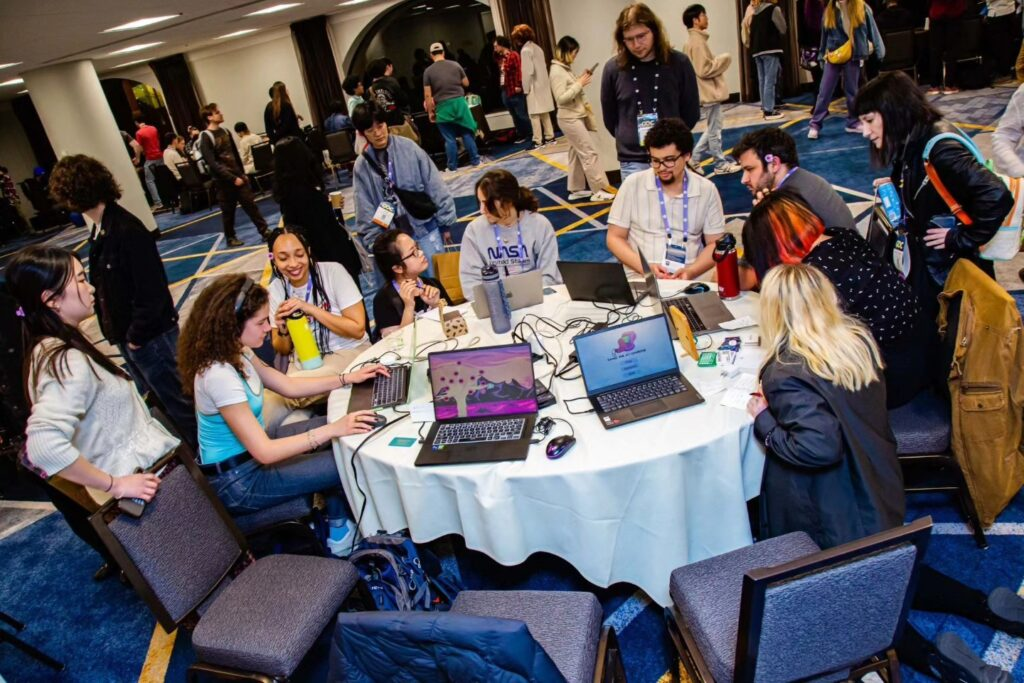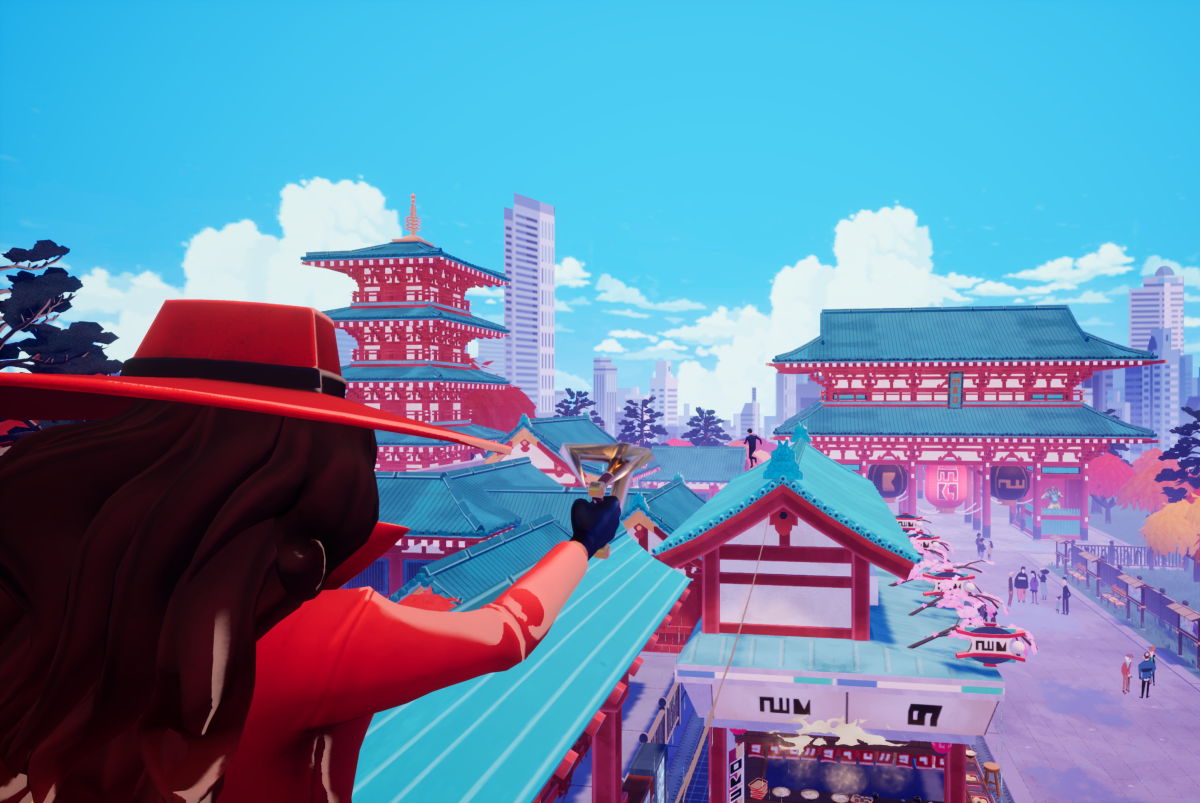As the year kicks off, the landscape of game-based learning continues to evolve with new research, innovative tools, and exciting game releases that educate and engage players of all ages. Naturally, we’re hot on the trail of this vital game-based learning intel. Here are some of the most intriguing developments from the world of educational games this month:

Image Credit: Sciencealert.com
A groundbreaking study by Imperial College London and the University of Graz has found that open-world video games, such as The Legend of Zelda: Breath of the Wild, can significantly improve players’ mental health. These games provide vast, interactive worlds that encourage cognitive escapism, relaxation, and emotional relief. Players reported feelings of “inner peace” and stress relief, with some describing the experience as a form of meditation. As game developers continue to expand the complexity and scale of open-world games, their potential as tools for mental well-being is an exciting area for further exploration.

Image credit: Studyinternational.com
Three universities are making waves in game design education, inspiring the next generation of industry leaders. Abertay University in Scotland, the University of Malta, and New York University’s Game Center are equipping students with the skills to create groundbreaking games. From Abertay’s focus on technical artistry and industry-aligned development practices to Malta’s interdisciplinary approach and NYU’s emphasis on critical literacy and creative freedom, these institutions are fostering a new wave of talent ready to redefine what games can achieve.
Artificial intelligence is transforming education for students with disabilities, providing tools that make learning more accessible and personalized. From AI-powered chatbots that assist with spelling and comprehension to adaptive tutoring programs that cater to individual needs, the possibilities are endless. The U.S. Education Department’s push for integrating such technology into schools ensures these tools are more widely available, leveling the playing field for students who face unique challenges. While ethical considerations remain, AI’s ability to provide tailored support marks a promising shift in educational equity.

Image Credit: Image: Gameloft/HarperCollins Productions
The iconic Carmen Sandiego franchise has returned with a new game that blends puzzle-solving, narrative depth, and geography lessons. Players take on the role of Carmen, solving global mysteries and learning about different cultures along the way. This new installment not only delivers the educational excellence the series is known for but also introduces mechanics that teach players how to navigate various game genres. From first-person exploration to logic puzzles, Carmen Sandiego is a stellar example of how games can educate while entertaining.
AI-powered math tools are reshaping the way students learn through games. By dynamically generating personalized challenges and integrating storytelling elements, these tools keep students engaged while honing their problem-solving skills. Games utilizing math AI can adapt to a learner’s strengths and weaknesses, making content accessible and enjoyable. The ability to embed math into compelling narratives—such as helping characters overcome real-world challenges—highlights the creative potential of these systems. As math AI continues to evolve, it offers a glimpse into a future where education is as engaging as it is effective.
–
From enhancing mental health to pushing the boundaries of AI and education, the developments in game-based learning this month underscore the field’s potential to transform how we learn, teach, and play. Stay tuned for more updates as 2025 unfolds! Looking to make some game-based learning news of your own? Contact us to discuss our development services!